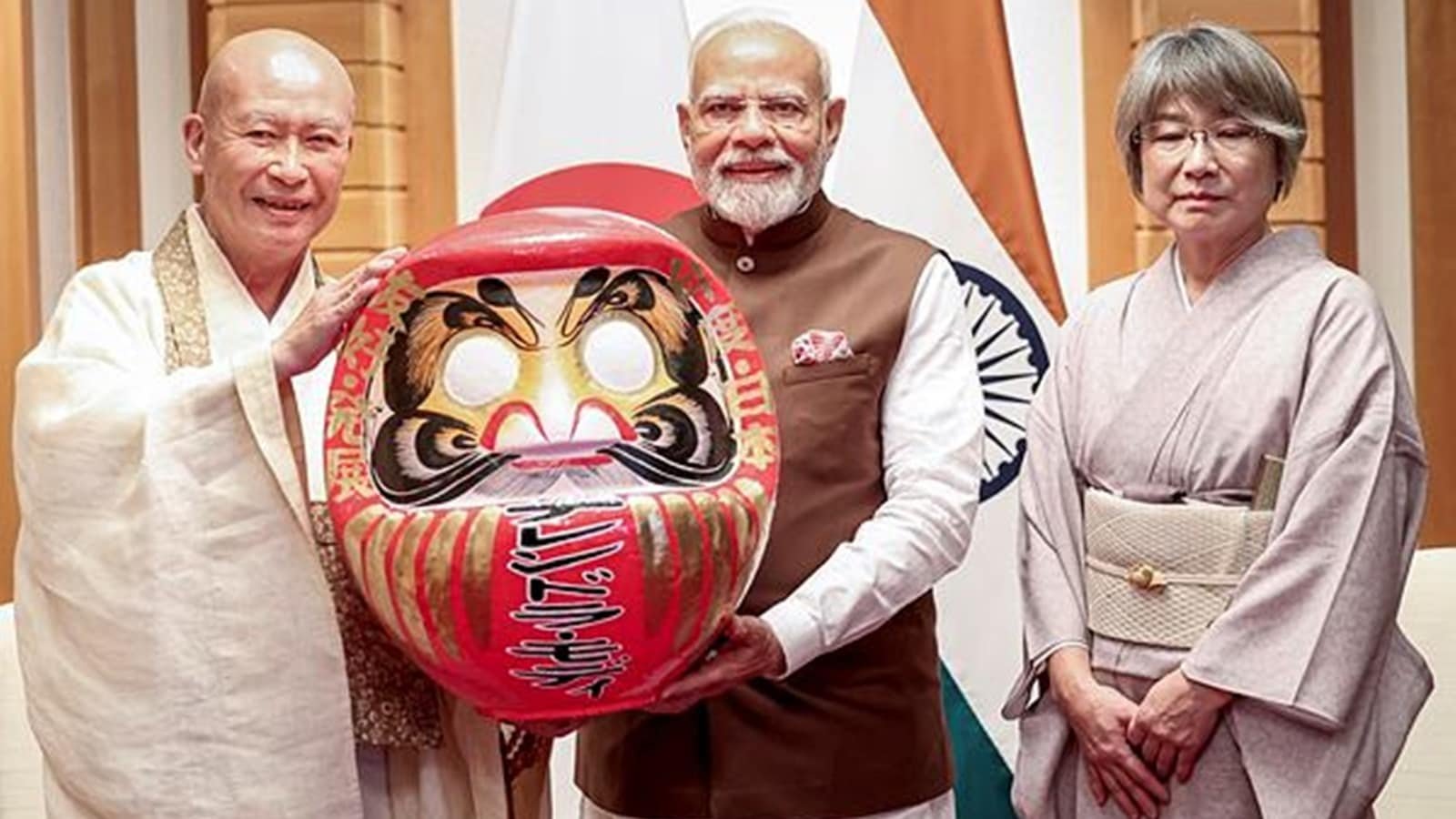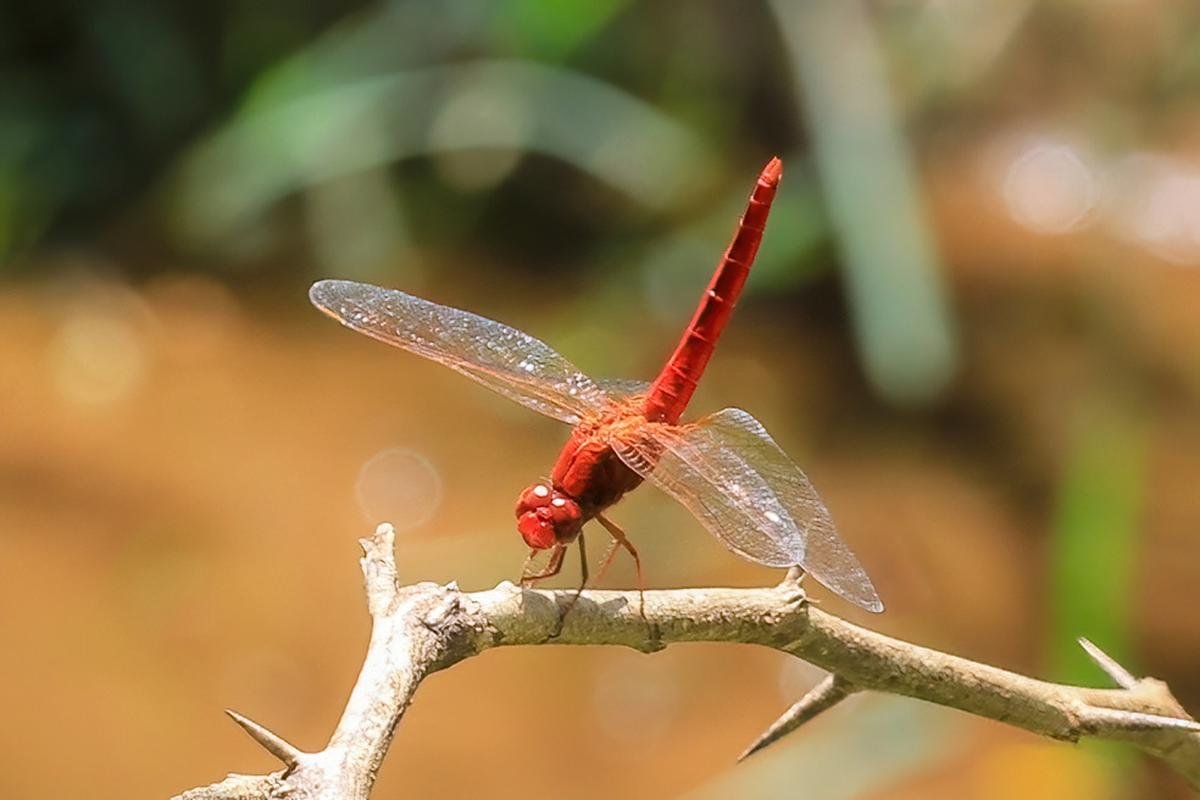The struggles of tribal communities in Andhra Pradesh, who played a crucial role in constructing the Lower Sileru Hydro-Electric Project (LSP) in the 1970s, have recently gained attention. Despite their contributions, villages near Visakhapatnam settled by the Porja, Bagata, and Konda Dora tribes continue to face severe shortages of electricity and clean water.
Daily Struggles
- Monsoon: During the monsoon, the village switches on the only bulb during dinner time.
- Communication: Cell phones are recharged twice a week at the panchayat headquarters, 4 kilometers away. There is no cell phone signal, and villagers must trek a hill for half a kilometer to get a signal.
Key Facts About the Porja, Bagata, and Konda Dora Tribes
Porja Tribe:
- The Porja tribe, with sub-groups like Bondo Porja, Khond Porja, and Parangi Porja, lives in the Visakhapatnam area of Andhra Pradesh.
- They migrated from Odisha around 300 years ago in search of cultivable land.
- Historically, they were employed as palanquin bearers and for other menial tasks.
- The term “Porja” means “son of a king,” reflecting their historical employment by the Jeypore rulers.
- They live in hilly areas and practice shifting cultivation, known locally as Podu.
- The Porjas follow a patriarchal system with patrilineal descent, where property and hereditary offices are passed down through the male line, with the eldest son receiving an extra share.
- Their social practices include cross-cousin marriages, a formal bride price system, and acceptance of pre and post-marital relations. Tattooing is an important part of their culture.
- The Porjas have endogamous sub-groups, each with unique customs, languages, and food habits. Most Porjas in Visakhapatnam belong to the Parangi Porja group.
Bagata Tribe:
- The Bagata tribe lives mainly in Andhra Pradesh and Odisha.
- They follow lineage exogamy, meaning they marry outside their clan or kinship.
- Marriage is by negotiation and elopement, with divorce and remarriage permitted.
- Their staple food used to be different varieties of millets, now replaced by rice.
- The Bagathas believe in supernaturalism, magic, witchcraft, and nature worship.
- Traditional tribal headmen solve intra-family and intra-tribal disputes, while village headmen resolve inter-tribal issues and violations of traditional customs.
Konda Dora Tribe:
- The Konda Dora tribe lives in the Konda Kamberu ranges of the Eastern Ghats, spanning south Odisha and Andhra Pradesh.
- Their name translates to “Lords of the Hill,” derived from ‘Konda‘ (hill) and ‘Dora‘ (lord).
- They are also known as ‘Konda Kapu’, ‘Oja’, ‘Pandava Raju’, and ‘Pandava Dora’, and consider themselves descendants of the mythological Pandavas.
- Their original language, Kubi/Konda, has largely been replaced by Telugu mixed with Odia.
- Konda Dora settlements are typically homogeneous, and they live in separate wards in multi-ethnic villages to maintain social distance and ethnic identity.
- In their society, adult marriage and monogamy are commonly practiced, with cross-cousin marriages preferred and parallel cousin marriages strictly prohibited.
- They have a traditional village council (Kulam Panchayat) headed by a Kula Peda, assisted by a Pillipudamari.
- The tribe is endogamous, divided into two main groups: Pedda Kondulu and China Kondulu, each with several clans. Modernization and cultural contact are transforming their traditional lifestyle.
Note: The Lower Sileru Hydro Electric Project is a 460 MW hydro power project on the Sileru river, situated in the dense forest of the agency area of Visakhapatnam, Andhra Pradesh.
What should be done: Immediate Actions
Government Intervention:
- Financial Support: The government should allocate funds specifically for providing electricity and clean water to these villages. This can be done through special grants or by diverting funds from existing schemes.
- Policy Changes: Revise policies to ensure that tribal communities who have contributed to national projects are given priority in receiving basic amenities.
Corporate Social Responsibility (CSR):
- CSR Funds: Encourage corporations, especially those in the energy sector, to use their CSR funds to support these tribal communities. This can include installing solar panels, setting up water purification systems, and providing educational and health facilities.
- Partnerships: Foster partnerships between corporations and local NGOs to implement sustainable development projects in these villages.
Community Engagement:
- Local Leadership: Empower local tribal leaders and youth activists like Janam Gono to continue advocating for their communities. Provide them with the necessary training and resources to engage effectively with government officials and corporate entities.
- Community Participation: Involve the community in planning and implementing development projects to ensure that their needs and preferences are taken into account.
Long-Term Solutions:
Infrastructure Development:
- Road Connectivity: Improve road connectivity to these remote villages to facilitate the transportation of goods and services, including electricity and water supply.
- Health and Education: Establish primary health centers and schools in these villages to improve the overall well-being and future prospects of the tribal communities.
Sustainable Energy Solutions:
- Renewable Energy: Promote the use of renewable energy sources like solar and wind power, which are more sustainable and can be implemented in remote areas.
- Microgrids: Develop microgrids that can provide reliable electricity to these villages, independent of the main power grid.
Water Management:
- Rainwater Harvesting: Implement advanced rainwater harvesting systems to ensure a steady supply of clean water for drinking and cooking.
- Water Purification: Install water purification units to treat water from local sources, making it safe for consumption.
Policy Reforms:
- Tribal Rights: Strengthen policies that protect the rights of tribal communities, ensuring that they are not marginalized or exploited.
- Accountability: Establish mechanisms to hold government officials and corporations accountable for their promises and commitments to these communities.
By taking these steps, the government, corporations, and civil society can work together to improve the living conditions of the Porja, Bagata, and Konda Dora tribes, ensuring that they receive the basic amenities they deserve.




